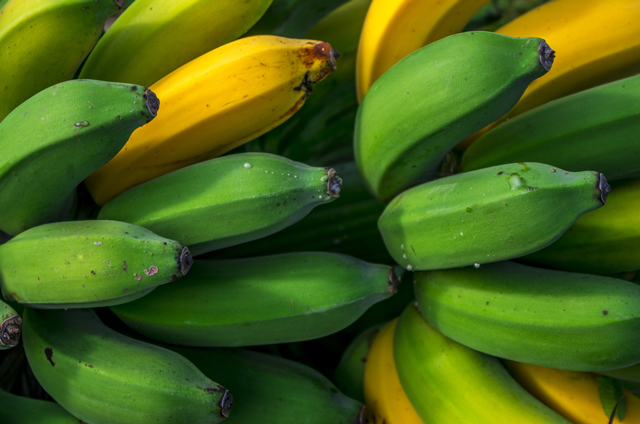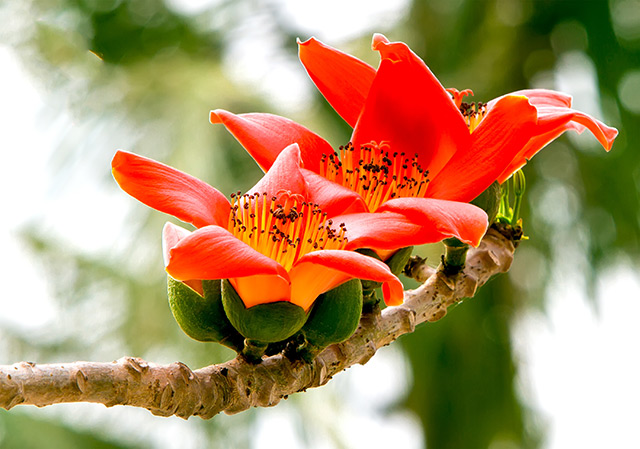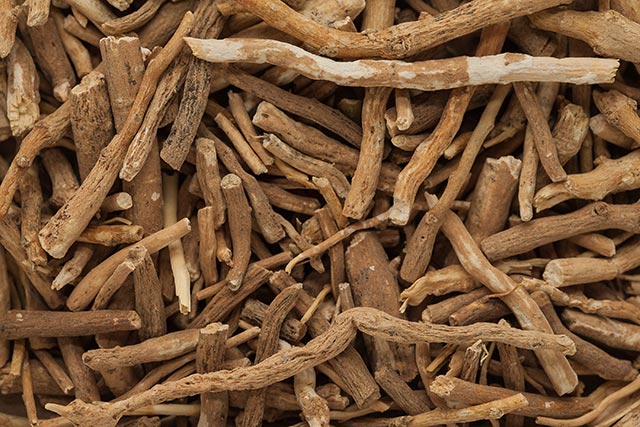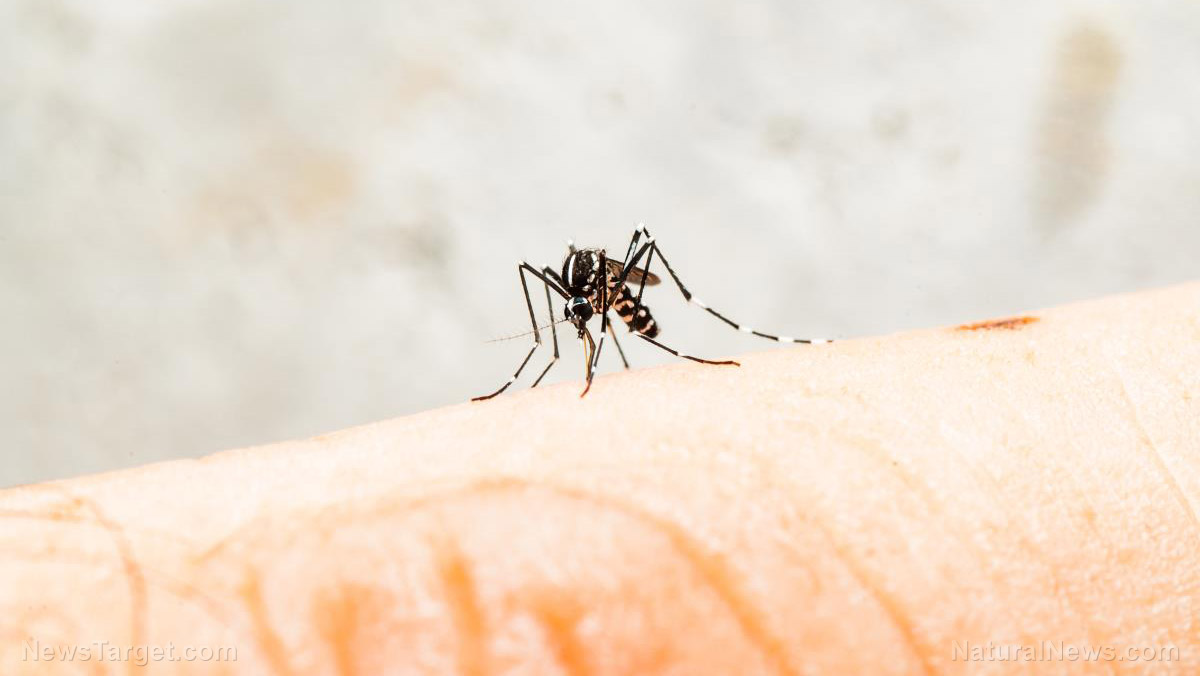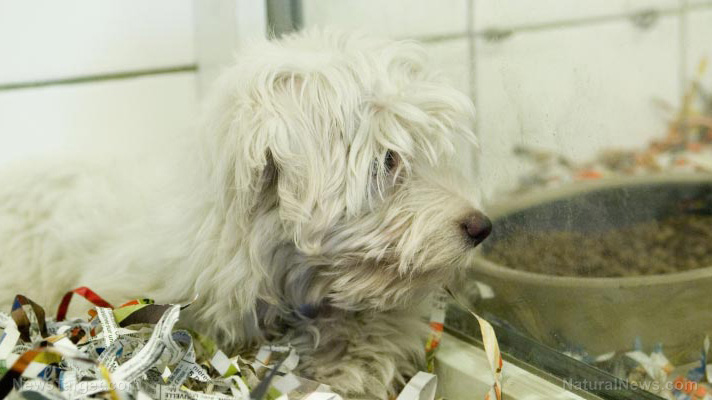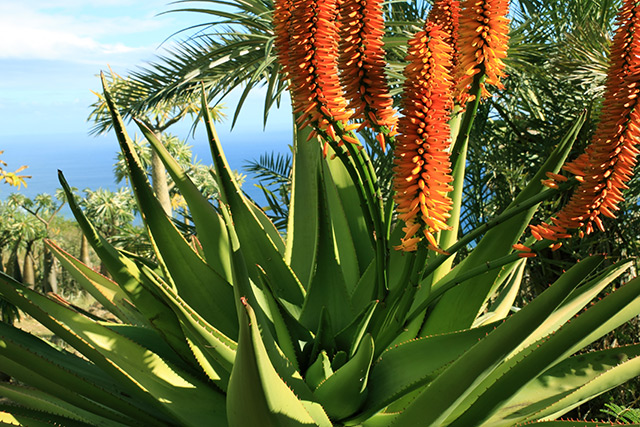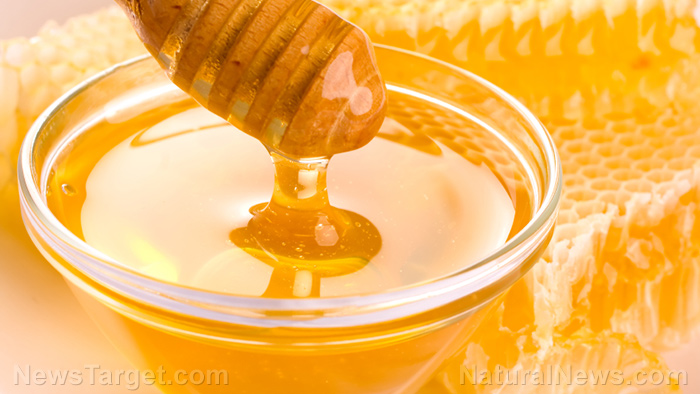Probiotics prevent gastrointestinal parasitic disease in goats
10/18/2018 / By RJ Jhonson
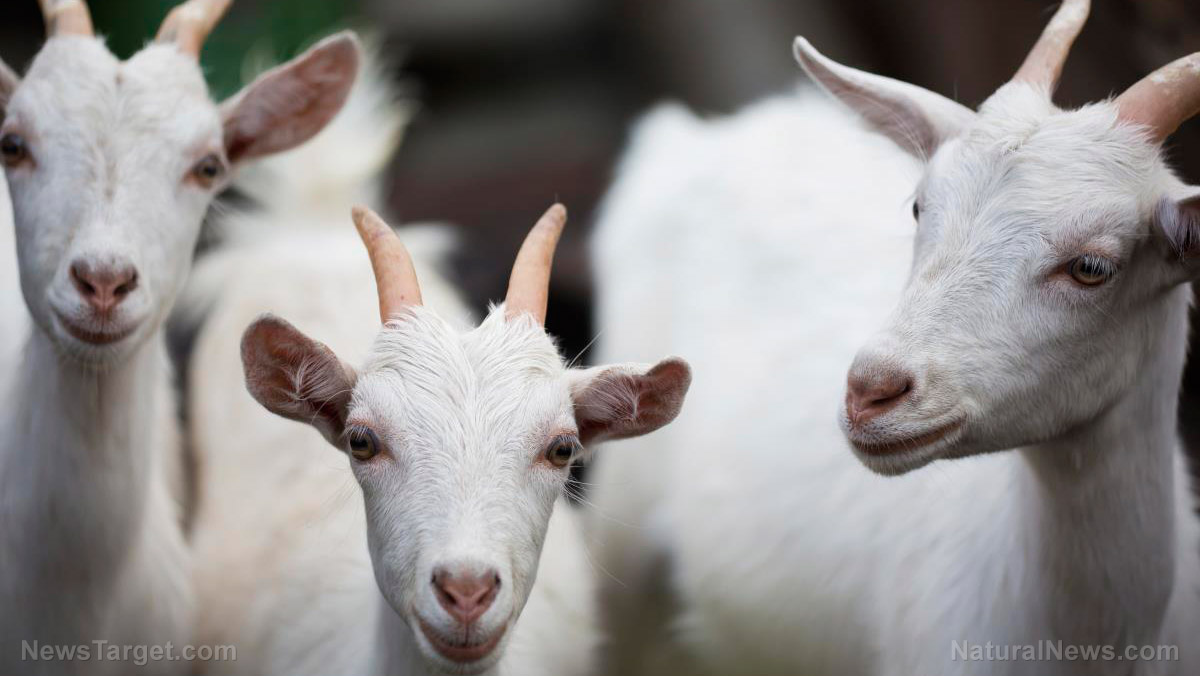
Probiotic supplementation is known to provide multiple benefits for farm animals, leading to the increasing popularity of probiotic cleansing among livestock owners. A study published in the American Journal of Animal and Veterinary Sciences sought to determine how probiotic drenching affected the population of gut parasites in young goats and obtained very interesting findings.
Gut parasites are an important consideration for any livestock farmer because of their impact on the health of farm animals. Left unchecked, these parasites may cause severe and often fatal diseases in livestock.
For instance, the barber pole worm (Haemonchus contortus) occupies the stomach of goats and suck the animals’ blood from there. An infestation of Haemonchus leads to severe blood loss, anemia, diarrhea, dehydration, and death.
Coccidiosis is caused by coccidia, parasites belonging to the same class of organisms as the pathogens that cause malaria. This parasitic condition is also characterized by diarrhea, anemia, and dehydration. Kid goats are especially susceptible. Although they may appear normal outwardly, infected goats may exhibit weakness, loss of appetite, and even retarded growth rates. At its worst, coccidiosis results in death.
Chemical medications are the most common treatment solutions for parasitic diseases, but their potential side effects on the health of both animals and the humans who consume products from said animals leave much to be desired. Moreover, when it comes to parasites, prevention is always better than cure. (Related: Chickens that drink untreated water don’t grow as fast as poultry given clean water.)
Probiotics, more fondly known as friendly gut bacteria, have been shown to have many health benefits for both humans and animals. In humans, particularly, maintaining a healthy probiotic population can improve one’s immunity and lower the risk of certain diseases. Gut bacteria are also crucial to maintaining an overall healthy digestive tract.
The many benefits of probiotics are why many livestock farmers turn to them to improve the health of their animals. Supplements are usually administered at a regular basis and from a young age to help the animals build a strong immunity.
In the published study, the authors wanted to determine if a cocktail of probiotics will have an impact on the population of Haemonchus and coccidia in young goats. They drenched a combination of Bifidobacterium longum, B. breve, Lactobacillus acidophilus, L. reuteri, and L. rhamnosus on three young goats during their first four weeks of life. A control group was given sterile water instead of probiotics.
Every week, the researchers monitored changes in the animals’ body weight, fecal egg count, and FAMACHA scores. Fecal egg count indicates the number of parasitic eggs are found in every gram of feces and provides a good picture of the parasitic burden being carried by the animal being tested – the higher the number, the greater the load. FAMACHA scores indicate parasitic burden based on the presence and severity of anemia in the animals.
Additionally, the authors kept track of indicators in the animals’ blood through packed cell volume (PCV) and white blood cell differential count tests. The presence of pro-inflammatory cytokines, prostaglandin2 (PGE2) and immunoglobulin E levels (IgE) was also determined.
The results were interesting, to say the least. The researchers noted that the probiotic group yielded greater increases in egg count than the control group did. Specifically, the egg count for Haemonchus increased by 100, 90, and 120 percent in the second, third, and fourth weeks, respectively. While the egg count for coccidia was more stable, it increased by 70 percent during the third week. Furthermore, the treatment group showed an increase in pro-inflammatory cytokines (50 to 300 percent) during weeks two, three, and four.
However, they did not observe any significant difference in PCV, body weight, white blood cell differential count, FAMACHA score, PGE2 and IgE levels in both the prebiotic and treatment groups. Diarrhea, the most common symptom of a parasitic infection, was also non-existent in either group. These results showed that despite the apparent increase of parasitic load in the treatment group, as evidenced by the increases in egg count, no infection occurred. The increase in cytokine levels, according to the researchers, may even be considered a natural response to the increases in parasitic burden, but not necessarily to the presence of an infection.
The authors noted that as far as their study was concerned, probiotic cleansing did not have any benefit against Haemonchus and coccidian populations, especially in healthy animals. They did admit though that this may be attributed to a number of factors including the parasite and the probiotic species, the timing of treatment, and the ability of ruminants to degrade most probiotics. More studies are, thus, needed to better understand the subject.
Learn how to keep your pet animals healthy at PetHealth.news.
Sources include:
TheSciPub.com [PDF]
Tagged Under: barber pole worm, coccidia, coccidiosis, goat care, goats, livestock care, parasitic disease, parasitic infection, pet health, probiotic drenching, probiotic supplementation, probiotics


